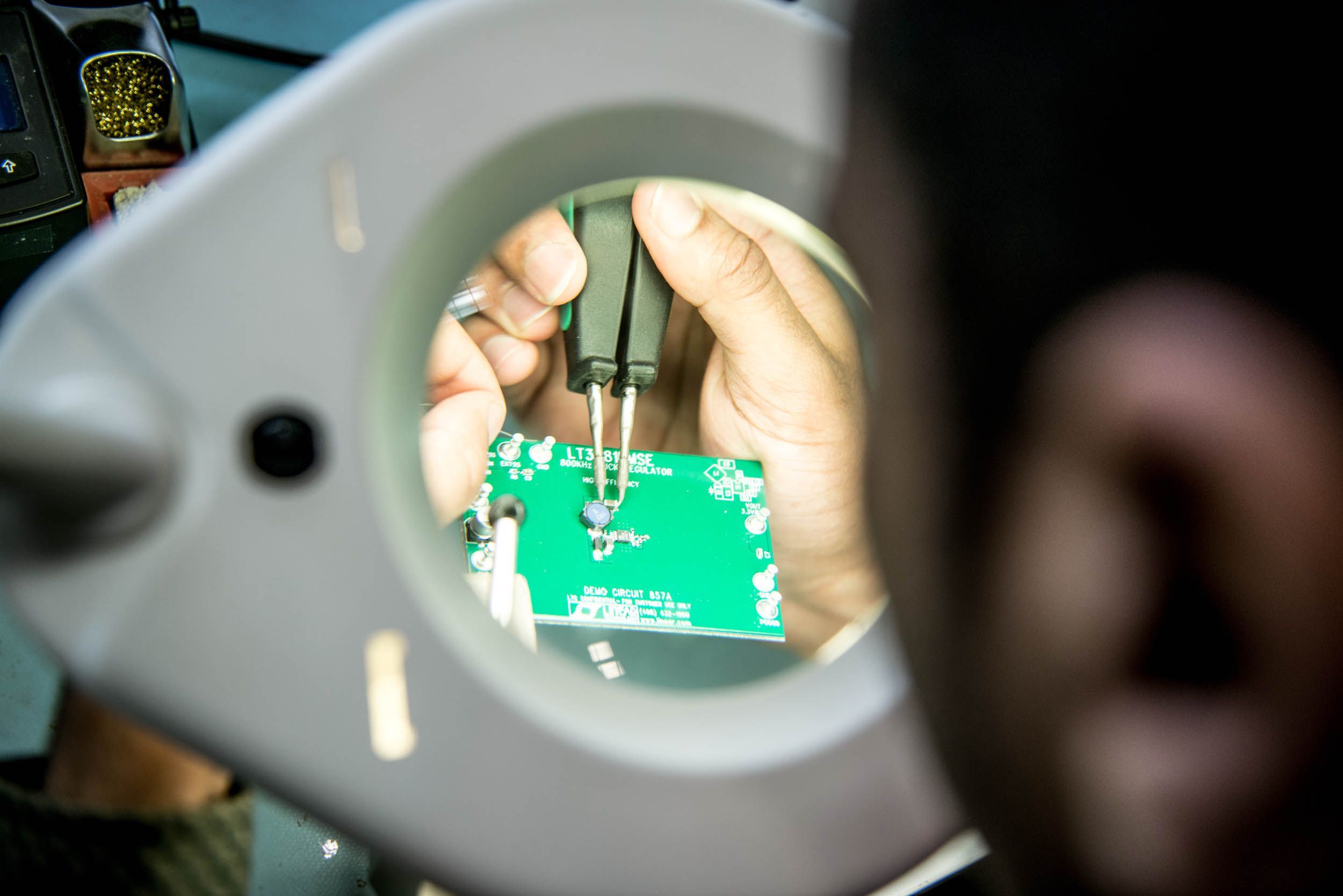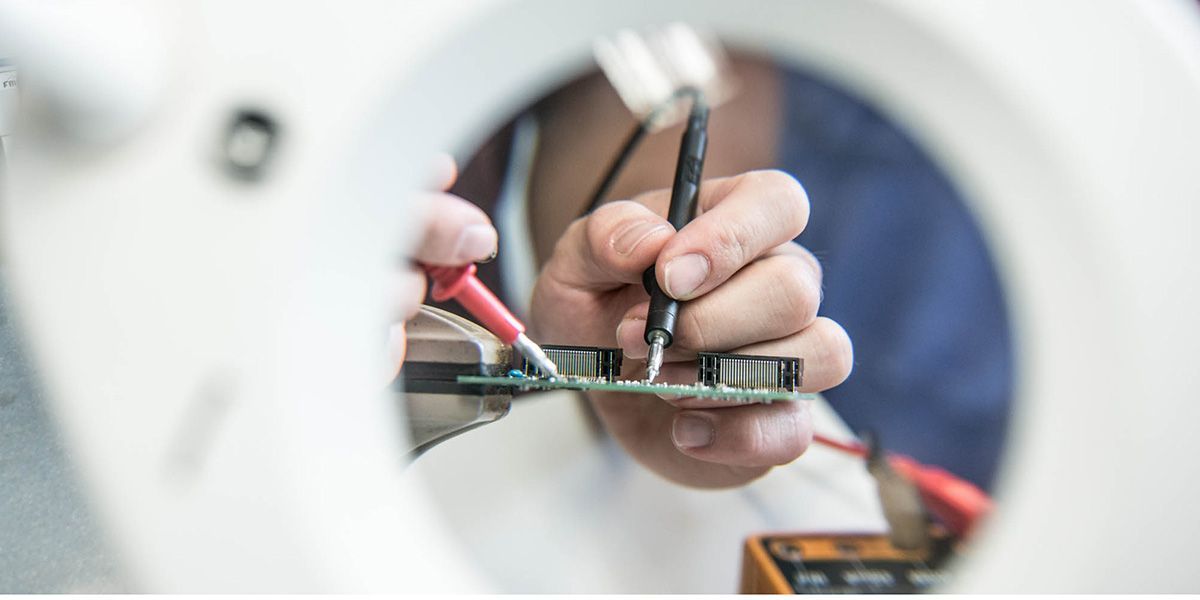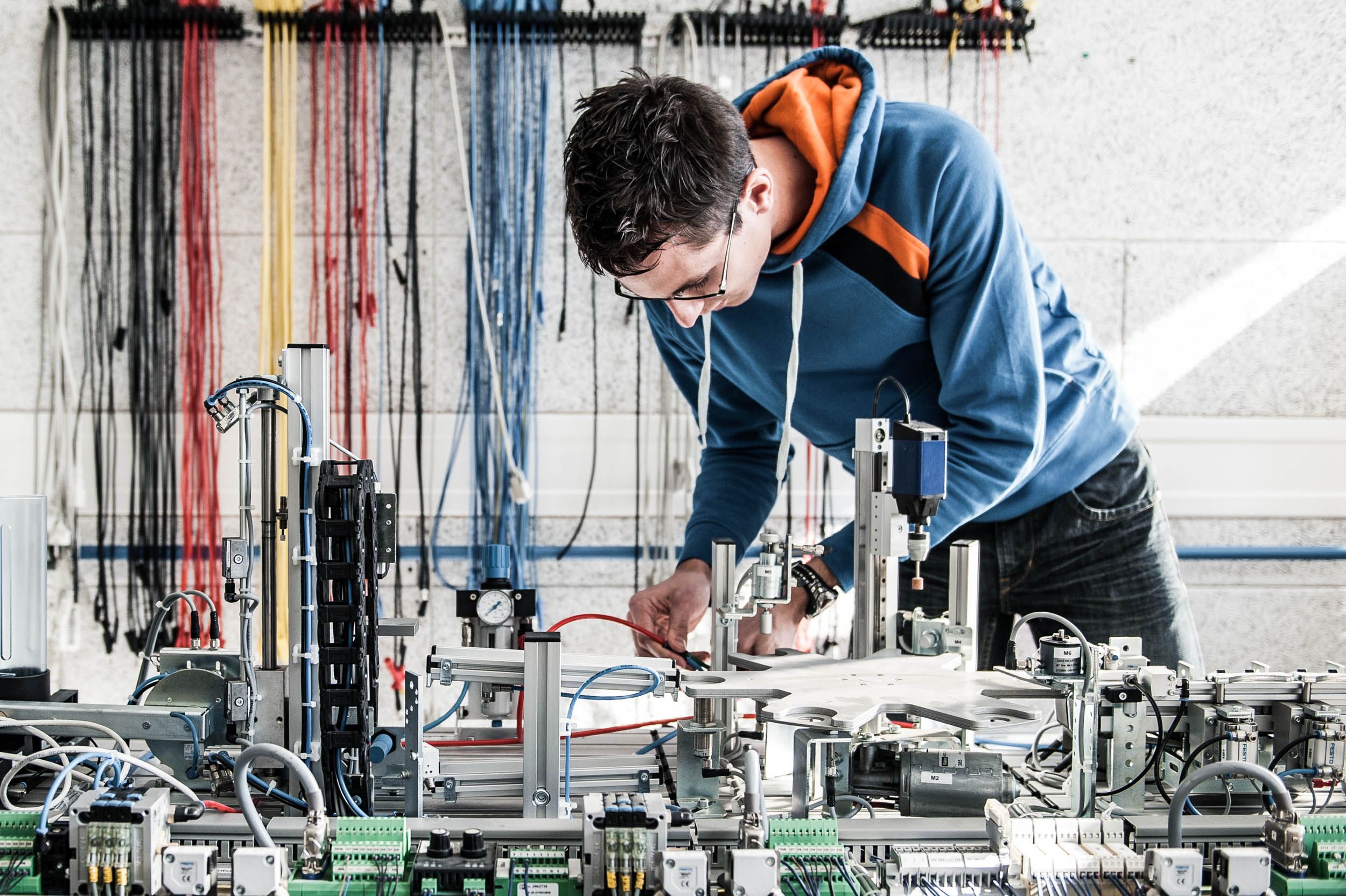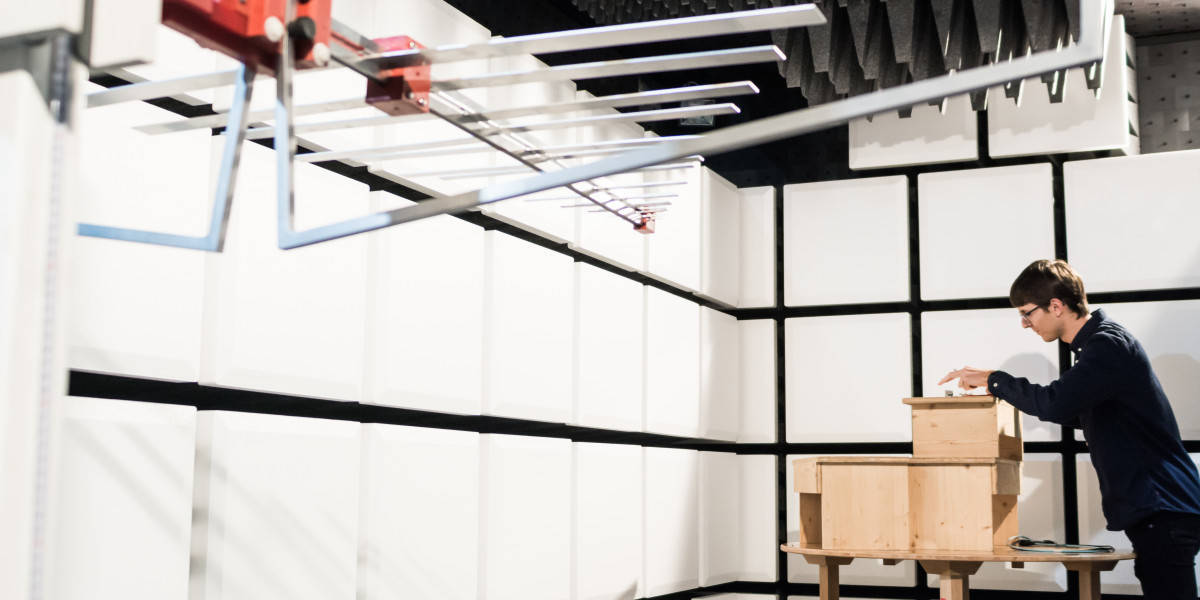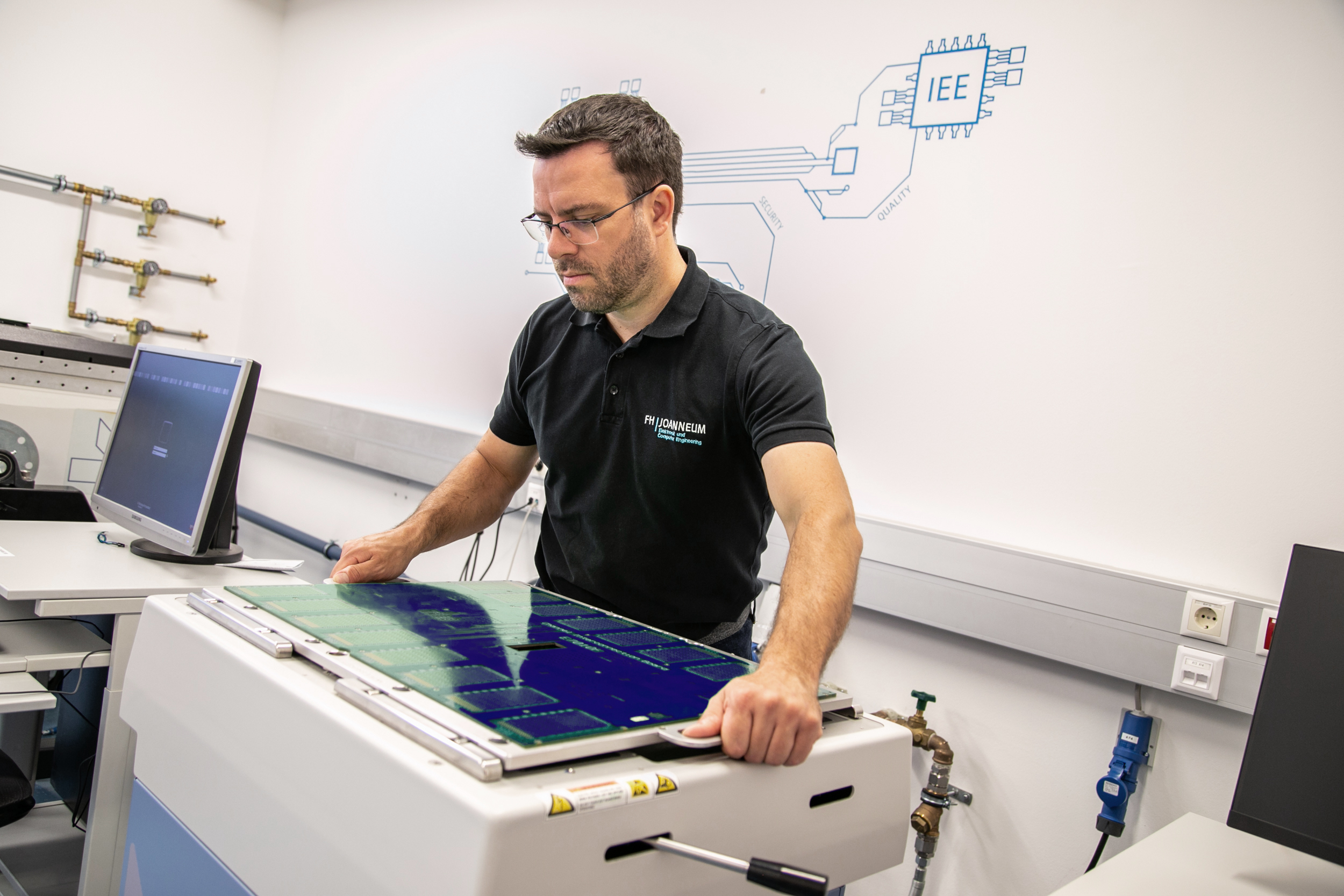Welcome to the Institute of Electronic Engineering at FH JOANNEUM
The Institute Electronic Engineering at the Graz and Kapfenberg locations brings together 30 dedicated employees. They are committed to the latest technologies to address the challenges and opportunities in electronics, including areas such as Embedded Systems Engineering, Power Electronics and System Test Engineering. Our mission is to shape the future of electronics through advanced research and teaching.
Our Degree Programmes:
We offer a range of challenging degree programs designed to provide students with the necessary knowledge and skills to lead in the dynamic world of electronics:








